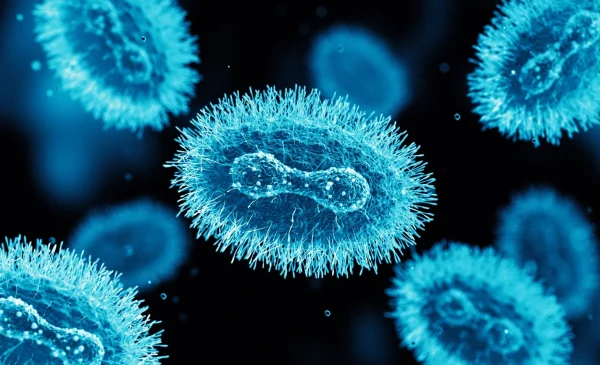The role of Genetics
Differences in genetic makeup can influence how the body responds to exposures to chemicals and pollutants in the environment.
These differences might help explain why only some, not all people might become unwell, develop obesity, depression, or chronic fatigue following exposure to everyday chemicals.

Our complete set of genetic material, or DNA, is described as the genome and is made up of over 20,000 genes which supply instructions for every cell in the body. For example, when to grow, change cell type, start, speed up or slow sexual development, or how to respond to illness and disease.
Throughout our lives our genome can change. If damaged, it can usually repair itself, but evidence is growing that exposure to chemical substances might influence how the genome works, affecting our susceptibility to illnesses, and our response to medications and treatments.
How can gene patterns be disrupted?
Genes work in response to factors such as lifestyle, diet and exercise, and the environment. These factors might bring about changes in the genome that are referred to as epigenetic.
Epigenetic changes are seen naturally throughout our lives as well as in response to environmental factors. They are reversible because they do not change the DNA itself but influence how the genes are expressed.
These differences might explain why two people with similar DNA, such as sisters who live in a similar environment with comparable exposures, might respond to chemical exposures differently.
Evidence is building that the genome of the unborn child can respond to exposures in the mother’s environment, and that these changes might remain unnoticed for many years. For example, the effects of in utero exposure might not be seen until the child is older.
It’s also thought that epigenetic changes might be passed from generation to generation. For example, exposure to endocrine disrupting chemicals could affect the health of future generations, with some more susceptible to obesity and changes in neurological development.
We can test your exposure to everyday chemicals



